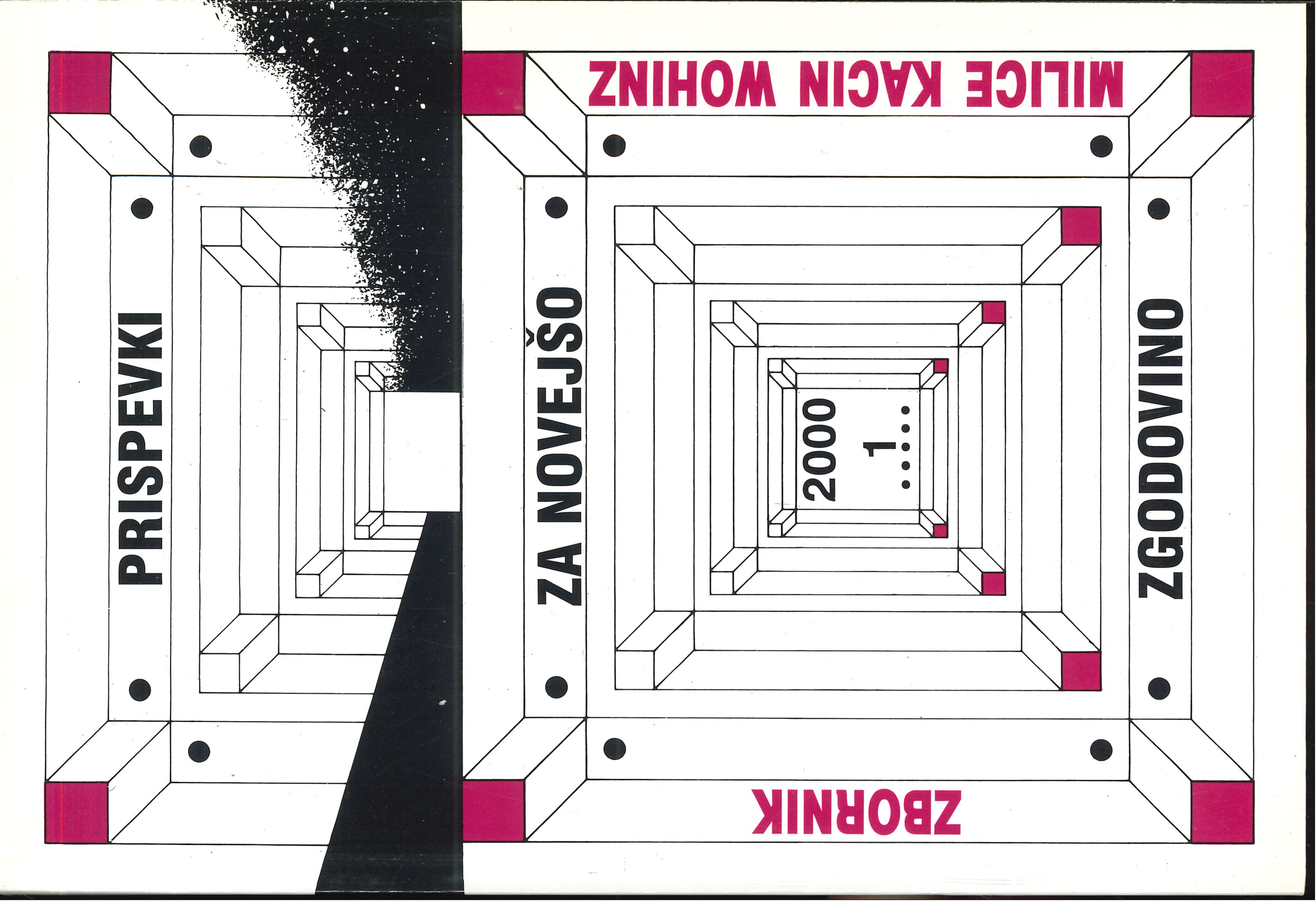The Attitude of the Slovenian Communists towards the Revolutionary Organization 'TIGR' during the Second World War
Keywords:
Communist Party of Slovenia, TIGR, National Liberation Front of Slovenia, National Liberation Movement, Slovenian LittoralAbstract
The paper emphasizes the important role of the underground revolutionary organization TIGR (Trieste, Istria, Gorizia, Reka) in organizing the National Liberation Front in Primorska, and shows the reservations and caution of the Communist Party of Slovenia with regards to the TIGR members. Exclusivity of the Communists prevented the TIGR from being integrated into the LF as a group in its own right, in spite of its years-long resistance to Italian Fascism. When the TIGR organization had become severely weakened as a result of numerous arrests of its members in 1940, many of its remaining members joined the LF as individuals. Some of them became the Communist Party members and were even given prominent posts. Although the TIGR ceased to exist in 1941, the CPS continued to carefully monitor the activities of the organization's former members.
Downloads
Published
Issue
Section
License
Authors who publish with this journal agree to the following terms:
- Authors retain copyright and grant the journal right of first publication with the work simultaneously licensed under a Creative Commons Attribution License that allows others to share the work with an acknowledgement of the work's authorship and initial publication in this journal.
- Authors are able to enter into separate, additional contractual arrangements for the non-exclusive distribution of the journal's published version of the work (e.g., post it to an institutional repository or publish it in a book), with an acknowledgement of its initial publication in this journal.
- Authors are permitted and encouraged to post their work online (e.g., in institutional repositories or on their website) prior to and during the submission process, as it can lead to productive exchanges, as well as earlier and greater citation of published work (See The Effect of Open Access).


